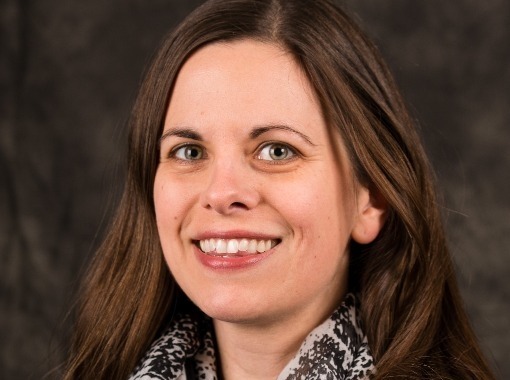Resisting Hierarchies of Personhood

Oddi
206
Resisting Hierarchies of Personhood: Functioning Citizenship and the Rights to Place and Purpose
DESCRIPTION:
Lindsey N. Kingston critically considers how inequalities related to citizenship and recognition impact one’s ability to claim so-called “universal” and “inalienable” rights. Today, citizenship itself serves to recognize an individual as fully human, or worthy of fundamental human rights, and this relationship is essential within our current international system. For some vulnerable groups, however, this robust form of political membership is limited or missing entirely. They face a plethora of human rights challenges as a result, despite a prevalence of international human rights law, widely-accepted rights-protective norms, and frameworks for preventing mass atrocities. These protection gaps are central to hierarchies of personhood – inequalities that render some people more “worthy” than others for protections and political membership – that lead to gross violations of the rights to place and purpose that are essential for living a life of human dignity.
Kingston presents various manifestations of hierarchies of personhood, beginning with statelessness – the most direct and obvious lack of functioning citizenship – and progressing through the forcibly displaced, irregular migrants, nomadic peoples, indigenous nations, and “second class” citizens in the United States. It challenges the binary construct between citizen and noncitizen, arguing that rights to place and purpose are routinely violated in the space between. Indeed, these violations help construct and support hierarchies of personhood that value some people as rights claimants more than others. By recognizing these realities, we uncover limitations built into our current international system – and hopefully begin to envision a path forward, toward the realization of human rights norms founded on universality and inalienability. The ideal of functioning citizenship acknowledges the persistent power of the state, yet it does not rely solely on traditional conceptions of citizenship that have proven too flawed and limited for securing true rights protection. In order to resist hierarchies of personhood – and thus, violations of rights to place and purpose – functioning citizenship necessitates the opening of political space for those who cannot be neatly categorized. Only by recognizing that all people are inherently worthy of full personhood – and by advocating for expanded forms of political membership and voice – can the ideals of modern human rights be realized.
BIOGRAPHY:
Lindsey Kingston is an Associate Professor of International Human Rights at Webster University in Saint Louis, Missouri, USA. She directs the university's Institute for Human Rights and Humanitarian Studies and is a topical expert on the issues of statelessness and forced displacement. Her research has taken her to fieldwork locations around the world – including Rwanda, the Canadian Arctic territory of Nunavut, Eastern Europe, and the Mediterranean region. Kingston is an editor for Human Rights Review and her work has been published in a variety of edited volumes and peer-reviewed journals, including Journal of Human Rights, International Journal of Refugee Law, Forced Migration Review, Journal of Human Rights Practice, Peace Review, and The International Journal of Human Rights. She earned her Ph.D. in Social Science from Syracuse University’s Maxwell School of Citizenship and Public Affairs in 2010. Her doctoral dissertation on statelessness and issue emergence earned special recognition from the United Nations High Commissioner for Refugees.
Hér vantar að setja inn myndatexta í Uglu



